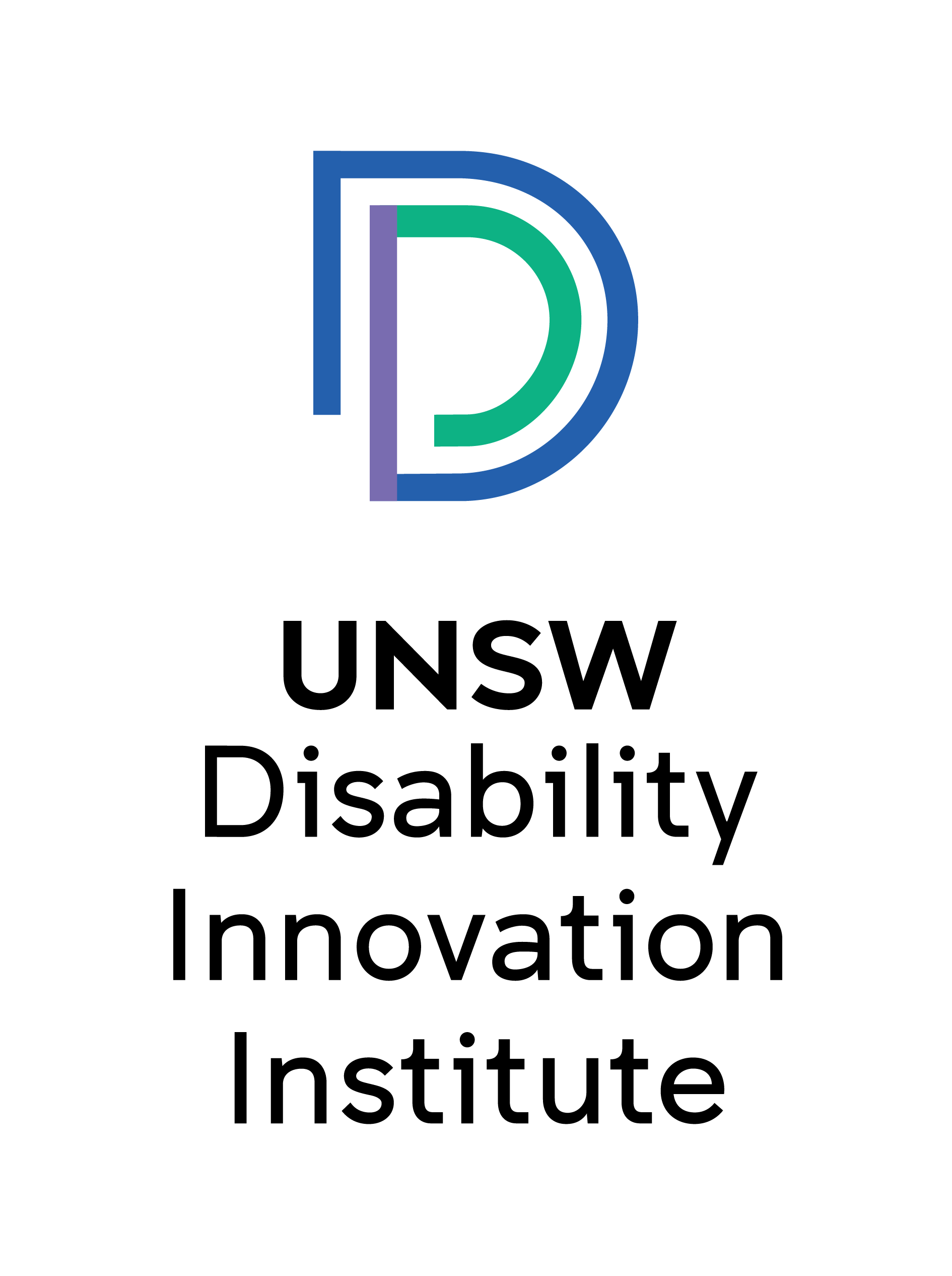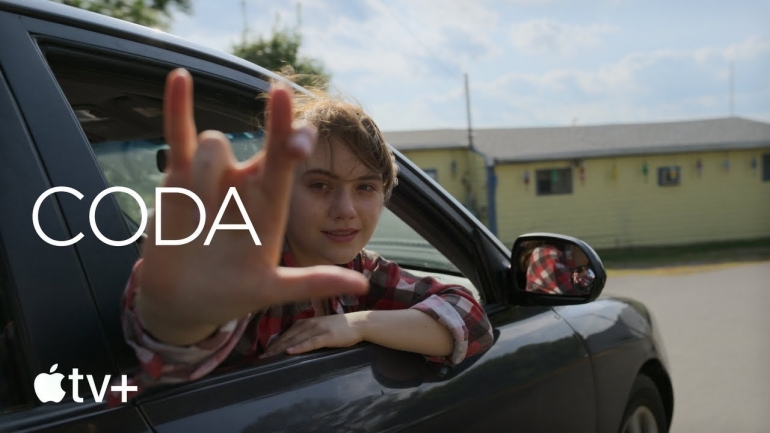As the saying goes, what a difference a month makes. When I wrote my introduction to the February newsletter, the devastating floods in Queensland and northern NSW were only just beginning, while on a global scale the threat of a Russian invasion of Ukraine was a distant shadow on the horizon. Both of those events have been, in different ways, catastrophic for a large number of people. And both also serve to remind us that people with disability are always among those most severely affected by extreme events, whether natural disasters like floods or human-made disasters like armed conflict. While some of this extra vulnerability can be directly linked to people's impairments, we also know that the situation is more complex than that. 'Natural' vulnerabilities can be entrenched and exacerbated by social arrangements and political failings, or simply by the assumption that such vulnerabilities are sad but inevitable. We've seen some of the same fatalism expressed throughout the COVID pandemic as well. Through the efforts of disability activists working in the field of disaster management, it has become clear that this disproportionate impact can often be avoided if the needs of people with disability are acknowledged and taken into account. But the reality, however, is that people with disability are still often excluded from the long term planning for disasters like bushfires and floods, with predictable effect. These issues were discussed in a joint podcast given by the Institute for Global Development and the UNSW Disability Innovation Institute last year.
Over the last couple of weeks, we have heard tragic accounts of people with disability unable to access support in the war zone of Ukraine, and who are unable to reach safety away from the conflict. We can only keep these people in our thoughts and continue to pressure governments to provide refuge to those who need it, irrespective of their disability status and where they come from.
Now to some happier news. The Institute's program of podcasts was interrupted in March due to the minor impairment of a broken wrist sustained by the Director that entailed some sick leave! Nevertheless, we will shortly be recording our next instalment, in which the Institute's Rosemary Kayess and Therese Sands, human rights advocates involved in the UN Committe on the Rights of Persons with Disabilities (Rosemary holds the Chair), will mark the 15th anniversary of Australia's signing of the UN Convention.
We were delighted to be able to revive the Institute's seed funding programme after a pause through 2021 due to COVID. This year we are making available grants of up to $10,000 and will be able to announce the successful applicant(s) shortly. Watch this space!
Since late last year the Institute has hosted a student from the National Institute of Dramatic Arts on placement. Alice Bennett is studying for a Masters in Cultural Leadership, and as part of this has been researching the barriers faced by students with disability studying music at a tertiary level. Alice has interviewed members of the Institute and other relevant stakeholders across the University, as well as experts in Australia and the United Kingdom. Her report summarises the theoretical background and the knowledge she has gained from her interviews, and it makes recommendations to improve inclusion for tertiary level music education at UNSW and beyond. Alice submitted her report at the end of March and we hope to make it available on our website very shortly.
And late news as I was writing this: at this year's Academy Awards (the Oscars) the film CODA, which stands for Children of Deaf Adults, won in all three of its nominated categories. It's the first time that a film about Deaf experience, with a predominantly deaf cast, has won the Oscar for Best Picture, as well as Best Supporting Actor for Troy Kotsur, and Best Adapted Screenplay. No Hollywood depiction of Deafness or disability will ever be perfect, and some in the Deaf community have expressed reservations about CODA. But it's still an achievement to celebrate (and a film to watch when you get the chance).


